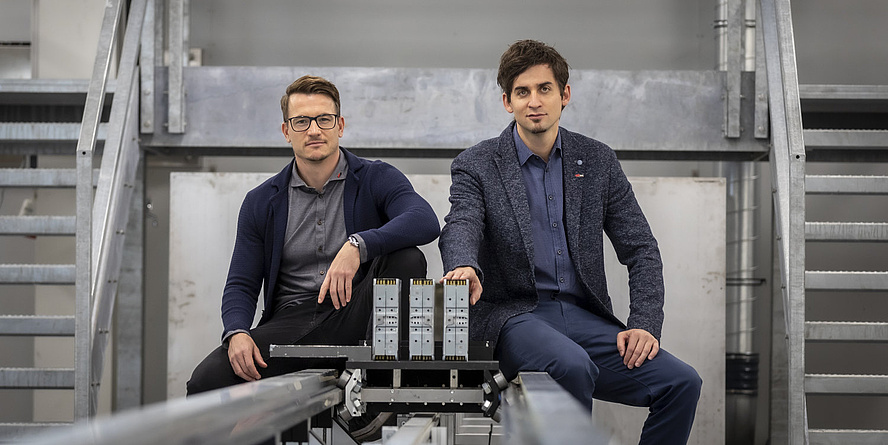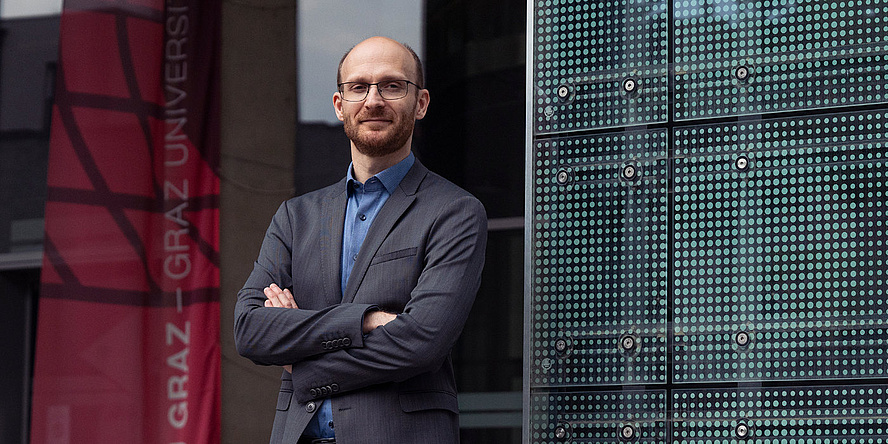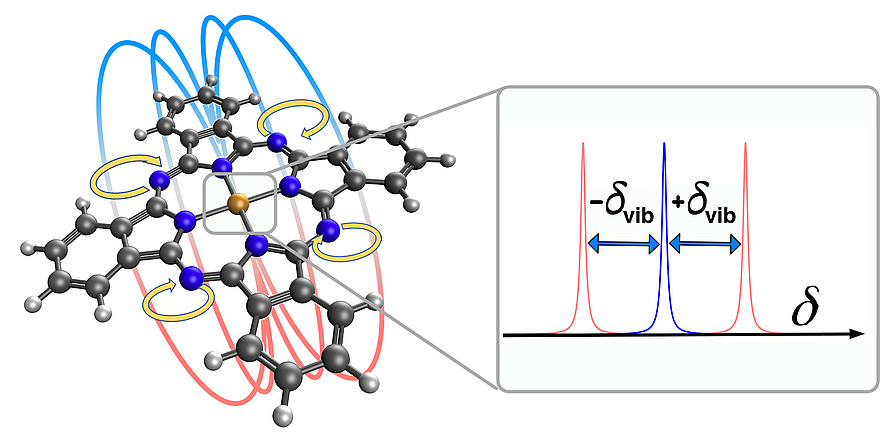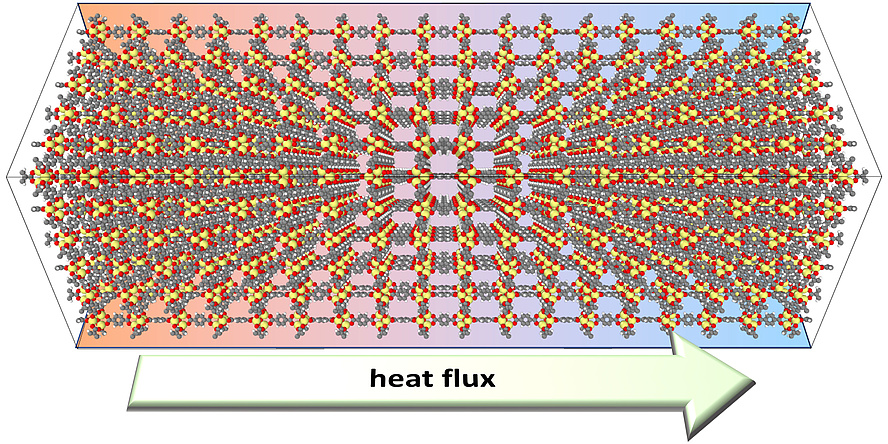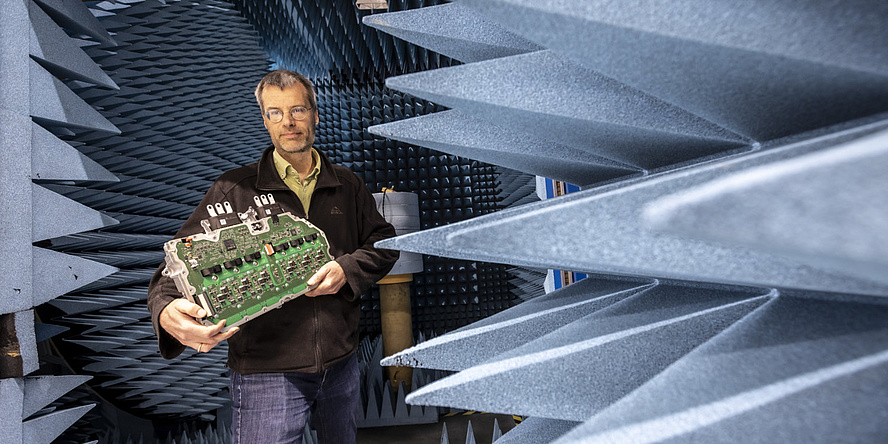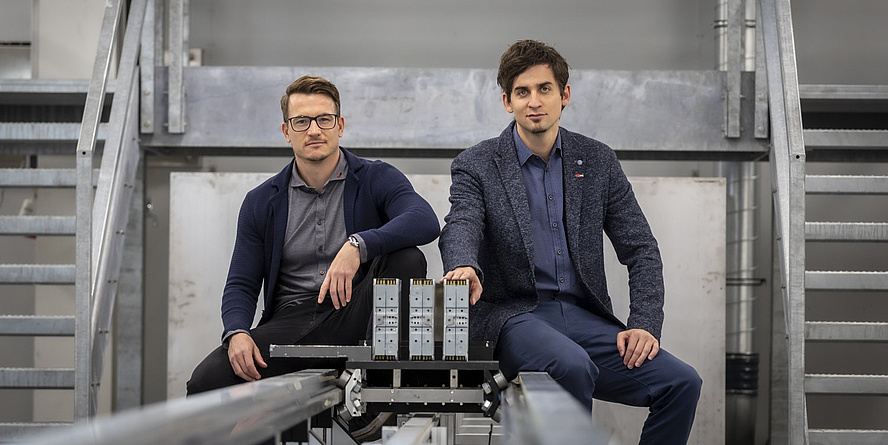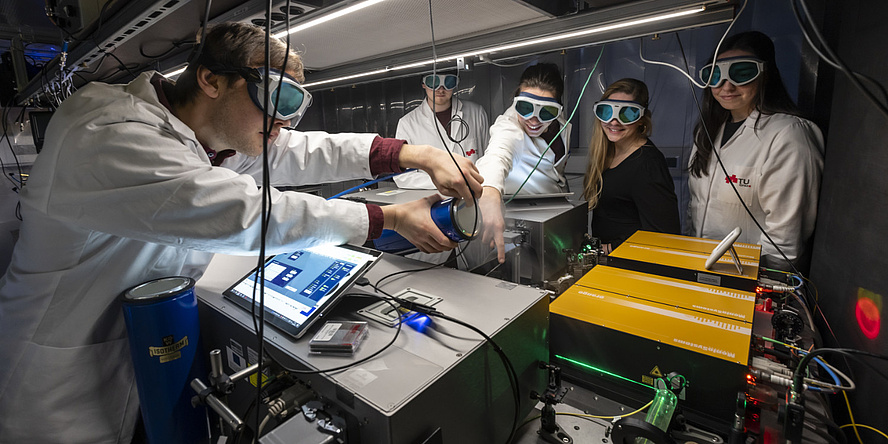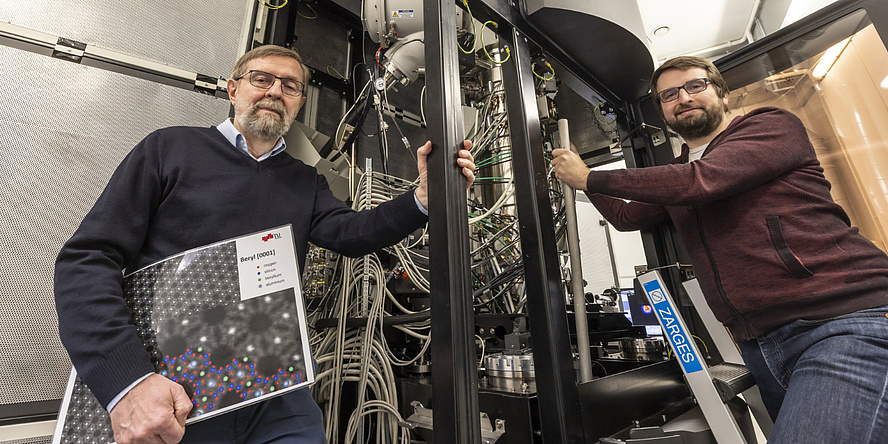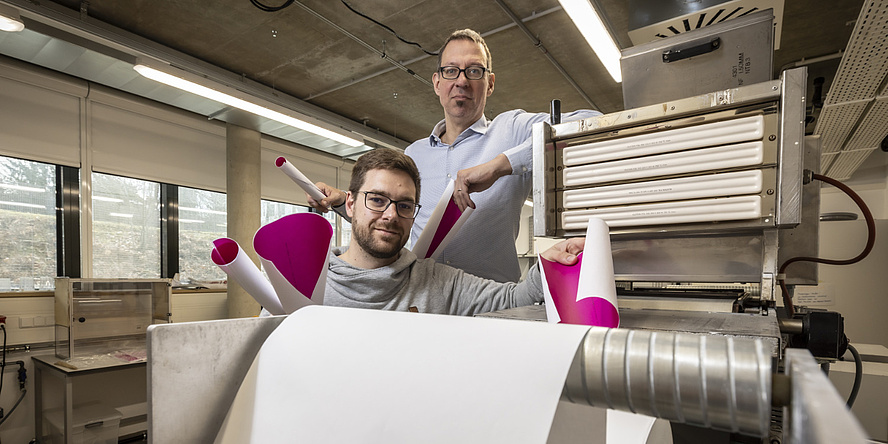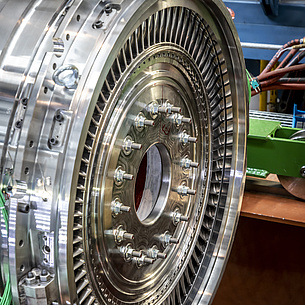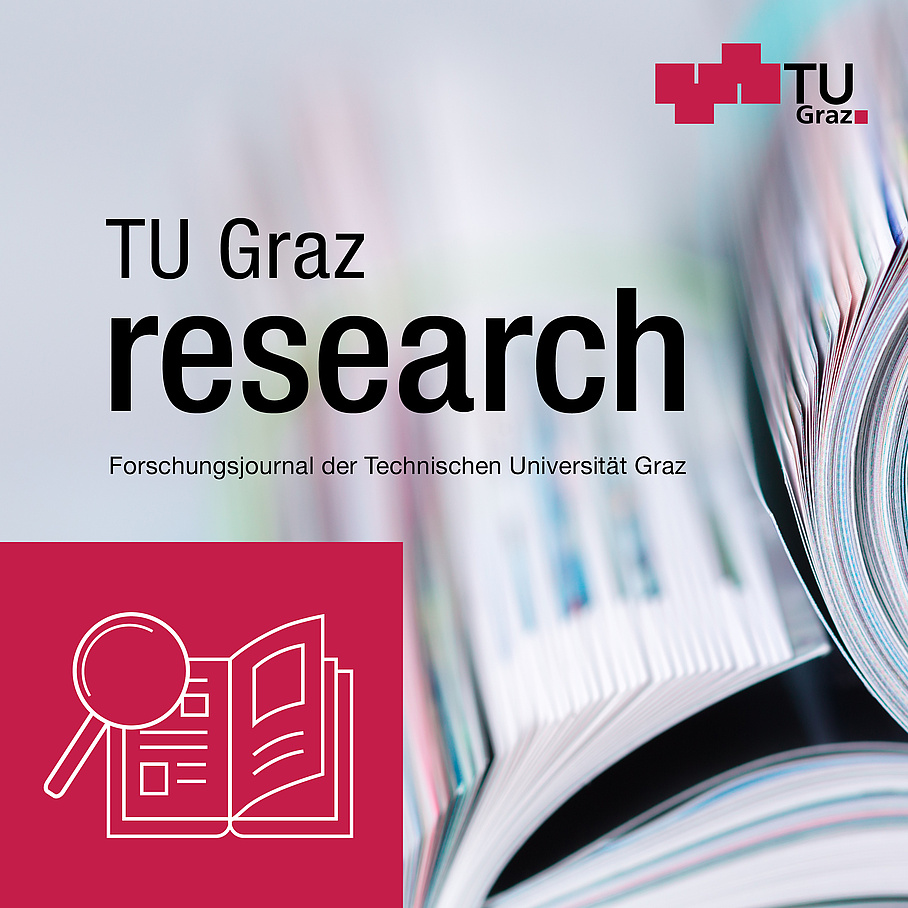Research topics
Development of new materials and processes
- Cathode, anode, electrolyte and separator materials for batteries and accumulators
- Inorganic and organic semiconductors
- Paper and the physical and chemical basics of paper strength
- Metallic materials for energy applications and lightweight construction
- New joining, forming and additive processes
- Polymers and new polymerization techniques
- Thin film technologies
- Porous materials
- Sensor materials
- Biocides, bioresponsive and biodegradable plastics
- Organic, hybrid and perovskite solar cells
- Ceramic semiconductors, sensors and piezoelectric components
- Functional layers and components
Microanalytics and nanoanalytics, structure determination
- Diffraction and scattering methods (light, X-ray and synchrotron radiation)
- Analytical electron microscopy
- Solid-state spectroscopy
- Surface analysis
- Thermomechanical tests
- Micro computed tomography (μ-CT)
- Surface area and porosimetry
- Soft matter application lab
Materials modelling
- Multi-scale materials modelling
- Optimisation of casting, forming and joining processes by numerical simulation
- Materials design via machine learning
Participating researchers
TU Graz events
ERC Grants
Researchers with ERC Grants within the Field of Expertise:
- Anna COCLITE, Project: SmartCore – Smart Core/Shell Nanorods Arrays for Artificial Skin
- Marcus OSSIANDER, Projekt: EUVORAM - Extreme-Ultraviolet Meta-Optics for Attosecond Microscopy
- Birgitta SCHULTZE-BERNHARDT, Project: ELFIS – Electronic Fingerprint Spectroscopy
Christian Doppler (CD) Laboratories
CD labs within the Field of Expertise:
- Structured Matter Based Sensing
- Design of High-Performance Alloys by Thermomechanical Processing
- Direct-Write Fabrication of 3D Nano-Probes
- Fiber Swelling and Paper Performance
- Organo-Catalysis in Polymerization
- Mass transport through paper
- Waste-based geopolymer construction materials in the CO2-neutral circular economy
Lead Projects
The Field of Expertise is involved in the following lead projects at TU Graz:
Heads of the Field of Expertise
from left to right:
Gregor TRIMMEL
Univ.-Prof. Dipl.-Ing. Dr.techn.
Institute for Chemistry and Technology of Materials
Sergio DE TRAGLIA AMANCIO FILHO
Univ.-Prof. Dr.-Ing.
Institute ofMaterials Science, Joining and Forming
Karin ZOJER
Assoc.Prof. Dipl.-Phys. Dr.rer.nat.
Institute of Solid State Physics
Contact: FoE_AMS@tugraz.at
Shares in Companies and Cooperations
Competence Centres and Projects (COMET)
- MCL – Materials Center Leoben Forschung GmbH
- CEST Kompetenzzentrum für elektrochemische Oberflächentechnologie
- MET – Industrial Network for Metallurgical and Environmental Process Development
- FLIPPR2 – Future Lignin and Pulp Processing Research Process Integration
- PCCL – Polymer Competence Center Leoben
- CC Flow – Zentrum für kontinuierliche Synthese und Prozesse
- PolyTherm – Polymerkomposite für Hochtemperaturanwendung
New Projects with TU Graz
RESEARCH & TECHNOLOGY HOUSE
Mandellstraße 9/II
8010 Graz, Austria
Map
Christoph ADAMETZ
Dipl.-Ing.
Phone: +43 316 873 6033
christoph.adametz@tugraz.at
Research Cooperations
- Elettra Sincrotrone Trieste
- Joanneum Research MATERIALS – Institute for Surface Technologies and Photonics
- Graz Centre of Electron Microscopy
- KMM-VIN – European Virtual Institute on Knowledge-based Multifunctional Materials
- PCAM – Physics and Chemistry of Advanced Materials
- SAL – Silicon Austria Labs
- Several Innovative European Training Networks
For researchers at TU Graz
Register for/deregister from the Field of Expertise: foe@tugraz.at
Degree Programmes and Continuing Education
Bachelor's Degree Programmes
- Mechanical Engineering and Business Economics
- Mechanical Engineering
- Chemistry
- Physics
- Electrical Engineering
Master's Degree Programmes
Doctoral Programmes
University Certificate Programme for Continuing Education
- Paper and Pulp Technology, part-time
